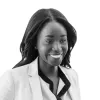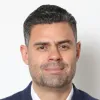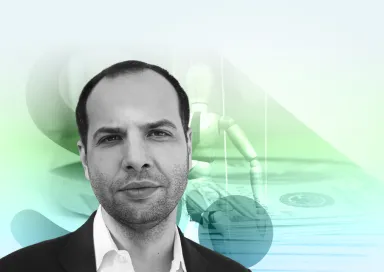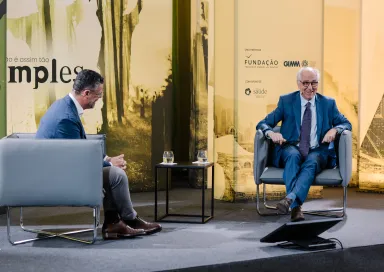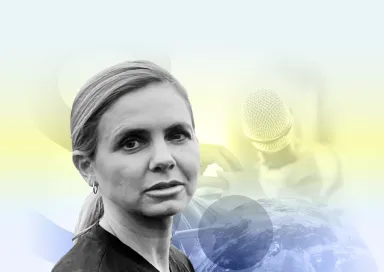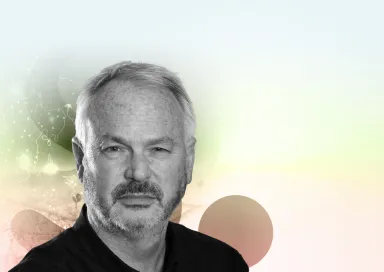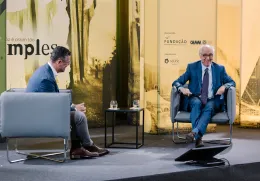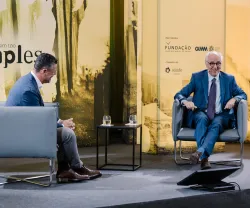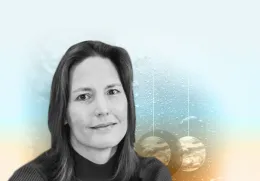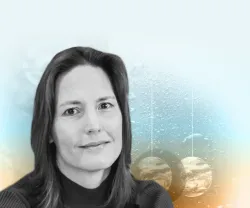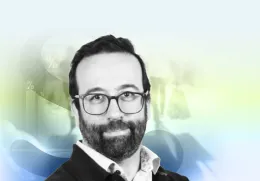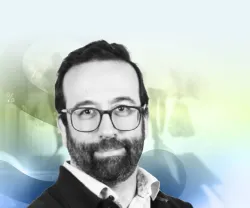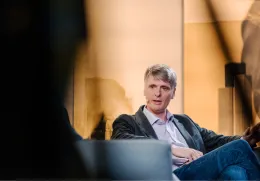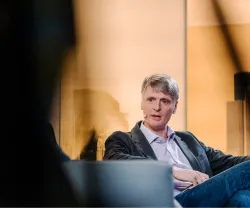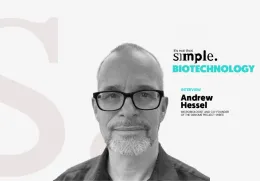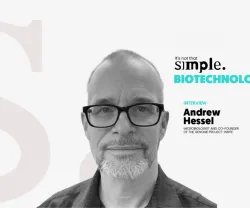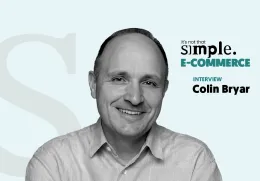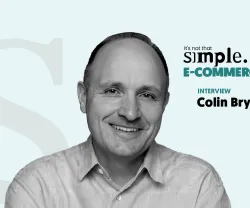Are we safe «hovering» in the unknown? Space exploration tries to keep us safe from the uncertainties of the future. In this interview, Harvard researcher and space policy expert Ezinne Uzo-Okoro talks about scientific progress, the risks of the ‘privatisation’ of space and about space junk (or space debris).
Looking at space is no longer science fiction - it’s survival. From satellites monitoring the climate to data forecasting disasters, Earth’s orbit has become a mirror of our future.
Guest of this edition of «It’s Not That Simple», Ezinne Uzo-Okoro, former Assistant Director for Space Policy at the White House, reminds us: «Through space exploration and satellites, we’ve learned that Earth is changing». With real-time data, we anticipate extreme weather and help protect lives.
But who’s protecting space? Today, thousands of fragments of space debris travel at 20,000 km/h, threatening missions and astronauts. Uzo-Okoro, who helped shape space policies on issues like orbital debris, warns: «There are pieces the size of car doors that could hit a space station». The solution? Active monitoring and international cooperation. But is that enough?
This concern grows with the privatization of space. With the International Space Station set to be decommissioned by 2030, smaller commercial modules are emerging – but are they an opportunity or a risk? «The involvement of the private sector is exciting», says Uzo-Okoro, «but it must come with caution». Having helped create global space regulations, she adds: «Without clear rules, space could become the next lawless frontier».
So, is it still worth investing in space? Beyond all the indirect contributions of space technology - from communication to prosthetics – Ezinne concludes: «With more information, we become a more knowledgeable species». If we want to survive, maybe it’s time we start looking up.
63

Big issues, big names in a new programme dedicated to interviews with international personalities from the world of politics, economics and society. These conversations with special guests, conducted by journalist Pedro Pinto, aim to simplify and help demystify some of today's most important issues. Every month, on the Foundation's website.
